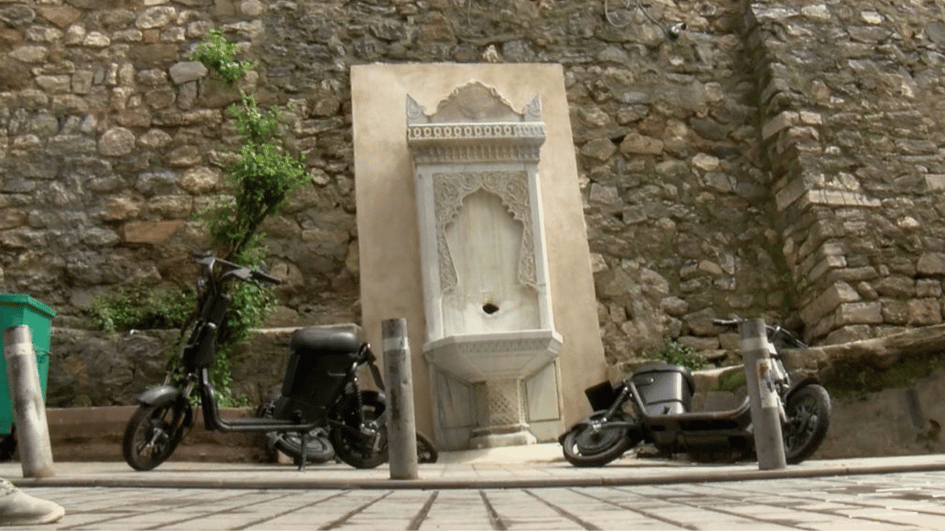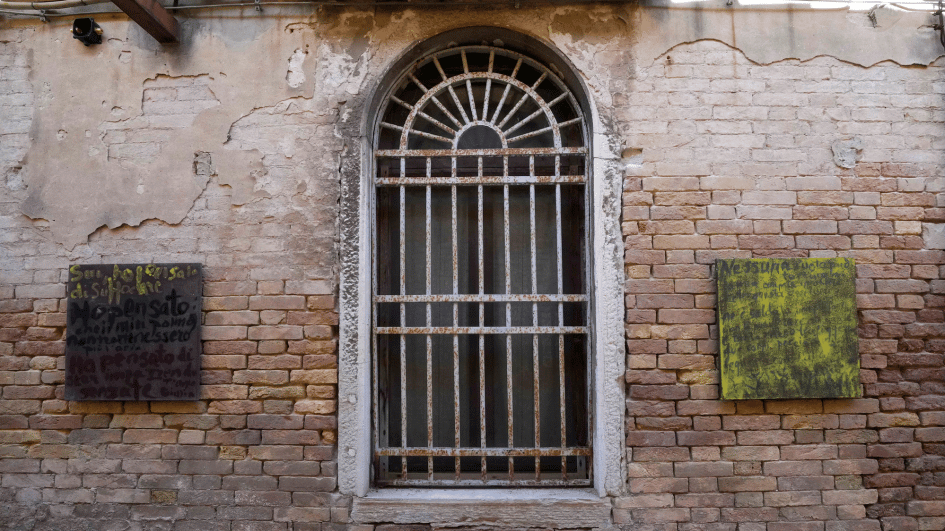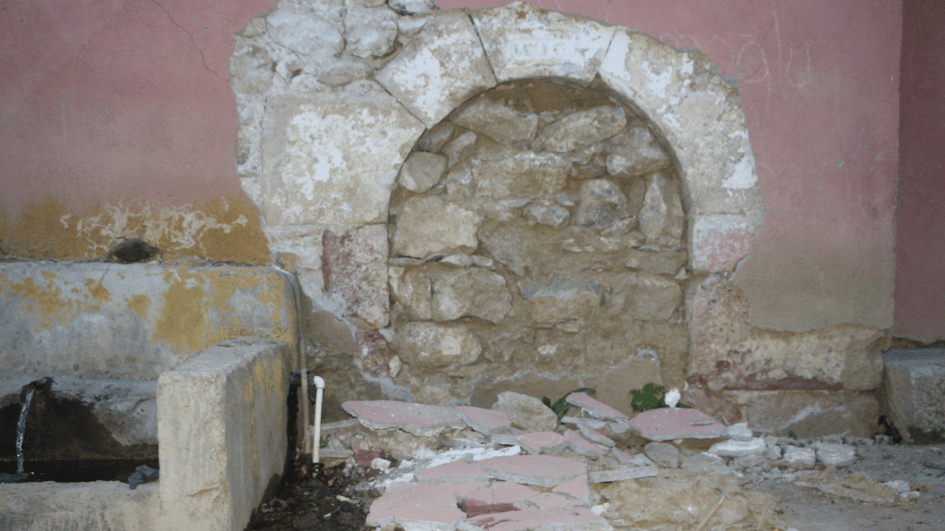The Bush boys
Peter Wolson*
When Jeb Bush launched his exploratory campaign for the 2016 Republican presidential nomination earlier this year, he declared “I am my own man.” The former Florida governor said he was very different from both his father, President George H.W. Bush, and his older brother, President George W. Bush.Last week, however, Jeb Bush undermined his declaration of independence when he took four days to answer a question: Would he have invaded Iraq, as did his brother, knowing what we know now? In answering, Bush seemed to mishear the question, since he appeared more focused on what he wanted to tell his family than on what he wanted to tell the American public. “Yes,” he declared, he would have invaded Iraq based on the intelligence information at the time — and so would have Hillary Clinton. Over the week, it took Bush three more tries, with three different excuses, to clarify this and say “no.”Bush’s answer was puzzling and unsettling to many voters because a large majority of Americans now view the war in Iraq as a serious blunder. He seemed reluctant to disagree with his older brother. This triggered widespread armchair speculation about whether he was capable of clearly seeing events beyond the “filter” of his brother.
It sounds likely that he has difficulty separating from his family. Something has made it hard for him to have his own voice. Though the family regularly dismiss analysis of family dynamics as “psychobabble,” an examination could prove helpful. There is relatively little evidence of sibling rivalry in Bush’s convoluted series of answers to the question about going to war in Iraq. If it had played a significant part in his self-destructive political alignment with his older brother, we would probably have seen indications of hostility toward his brother. That is not the case.
Nonetheless, one can still hypothesize that if there had been unconscious sibling rivalry, Bush would have avoided expressing any aggressive, competitive feelings and masked any hostility. Instead, he would have strongly agreed with the invasion.
One reason so many political analysts cite sibling rivalry to be at work, however, is that Jeb Bush was the brother long viewed as presidential material, which Bush family members have acknowledged. Though George was seven years older, he was usually described as less serious and more impulsive. He was often considered the political enforcer when his father was president; his younger brother advised on policy. But when George won the Texas governorship, and Jeb lost his first gubernatioral race in Florida that same year, the family tide reputedly turned toward supporting George for the presidency. Since then, Jeb has largely existed in his brother’s shadow.
Clinging to family love through idealization is a defensive reaction against aggressive feelings from separation and individuation. Most adolescents resolve this conflict as they realize they are merely killing off their family’s controlling influence over them — not their actual family members. If these are the pychodynamics that caused Jeb to flounder this past week, his major challenge is if and how quickly he can work through them. He has to fully recover a mind of his own — and convince the American public that he is not George W. Bush II.
*Peter Wolson is a Reuters columnist.











